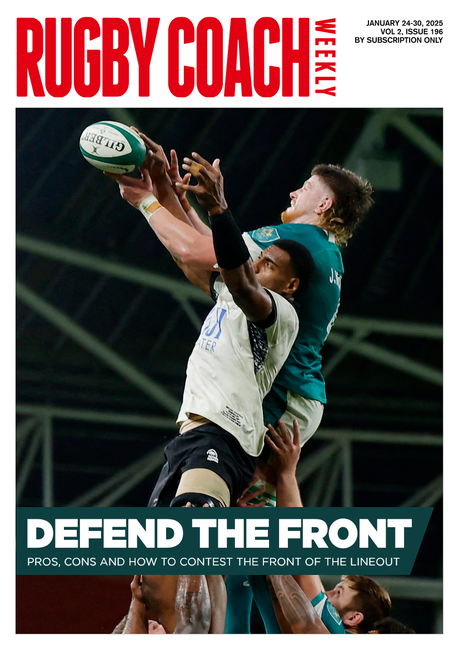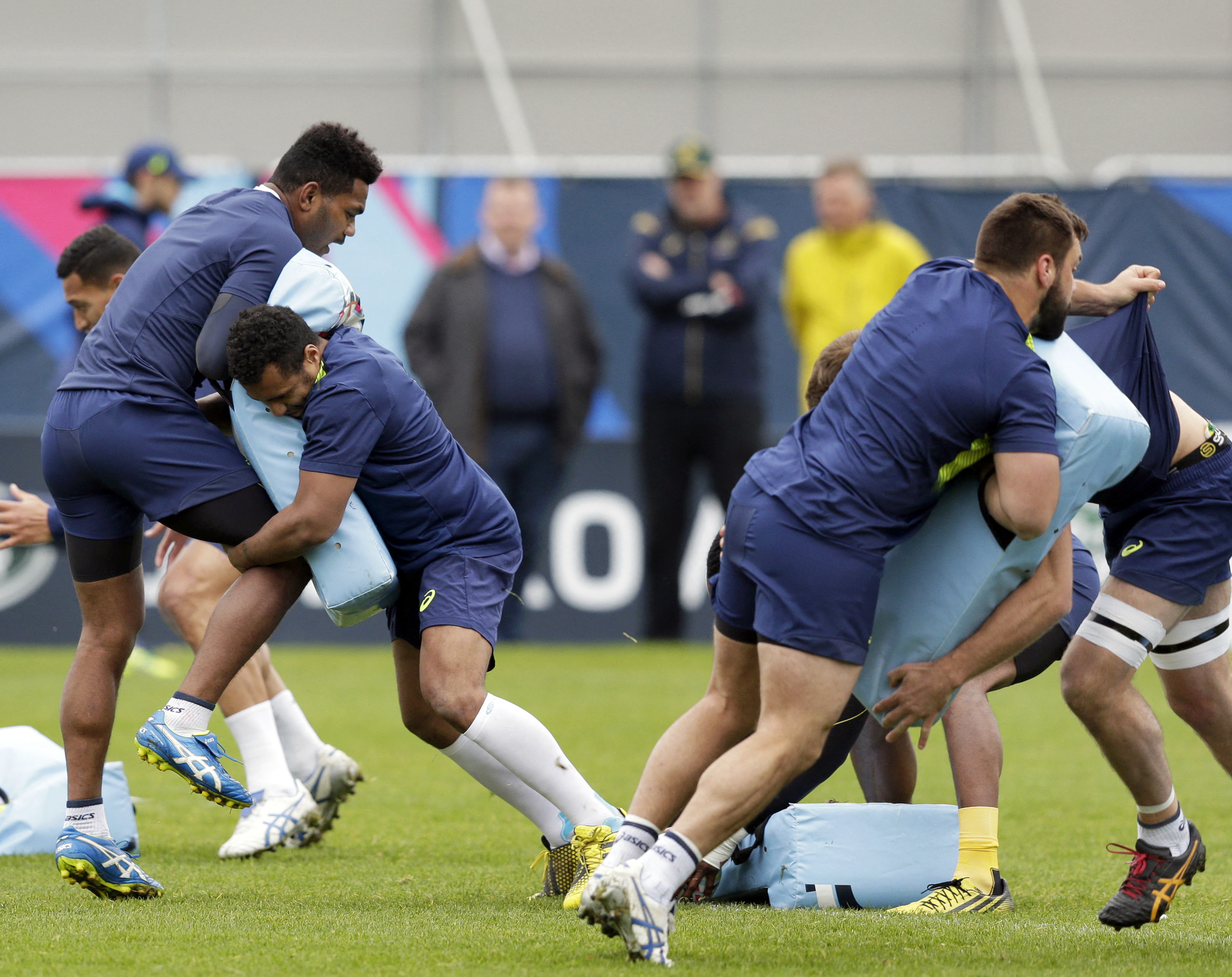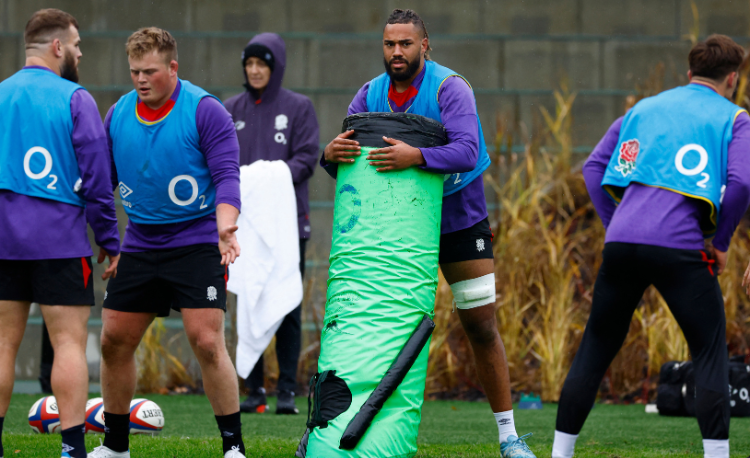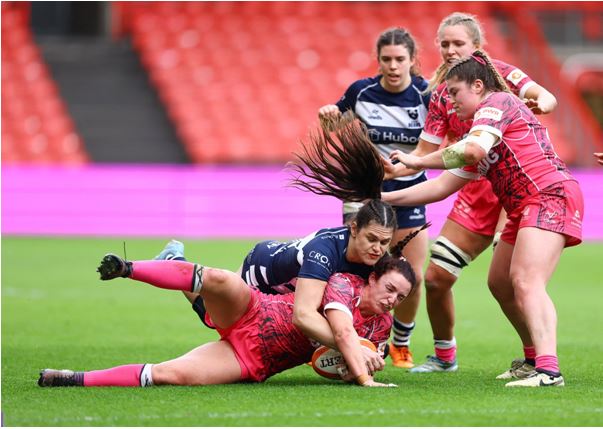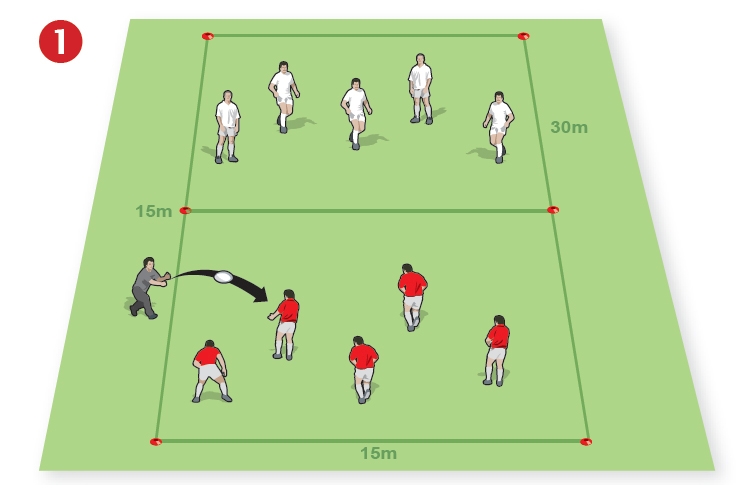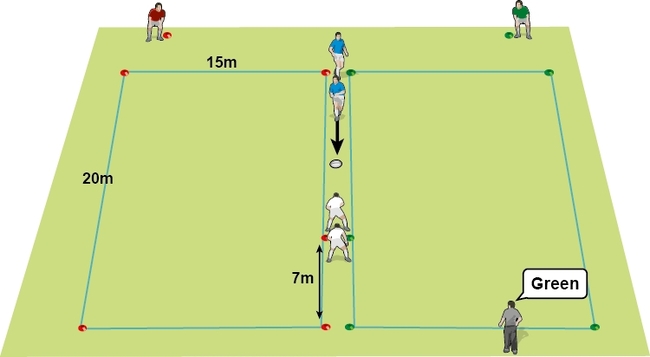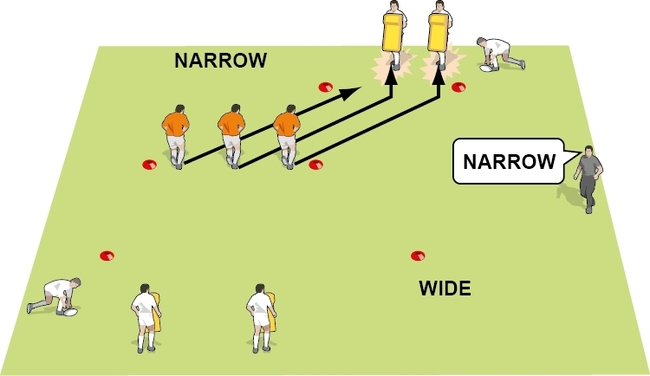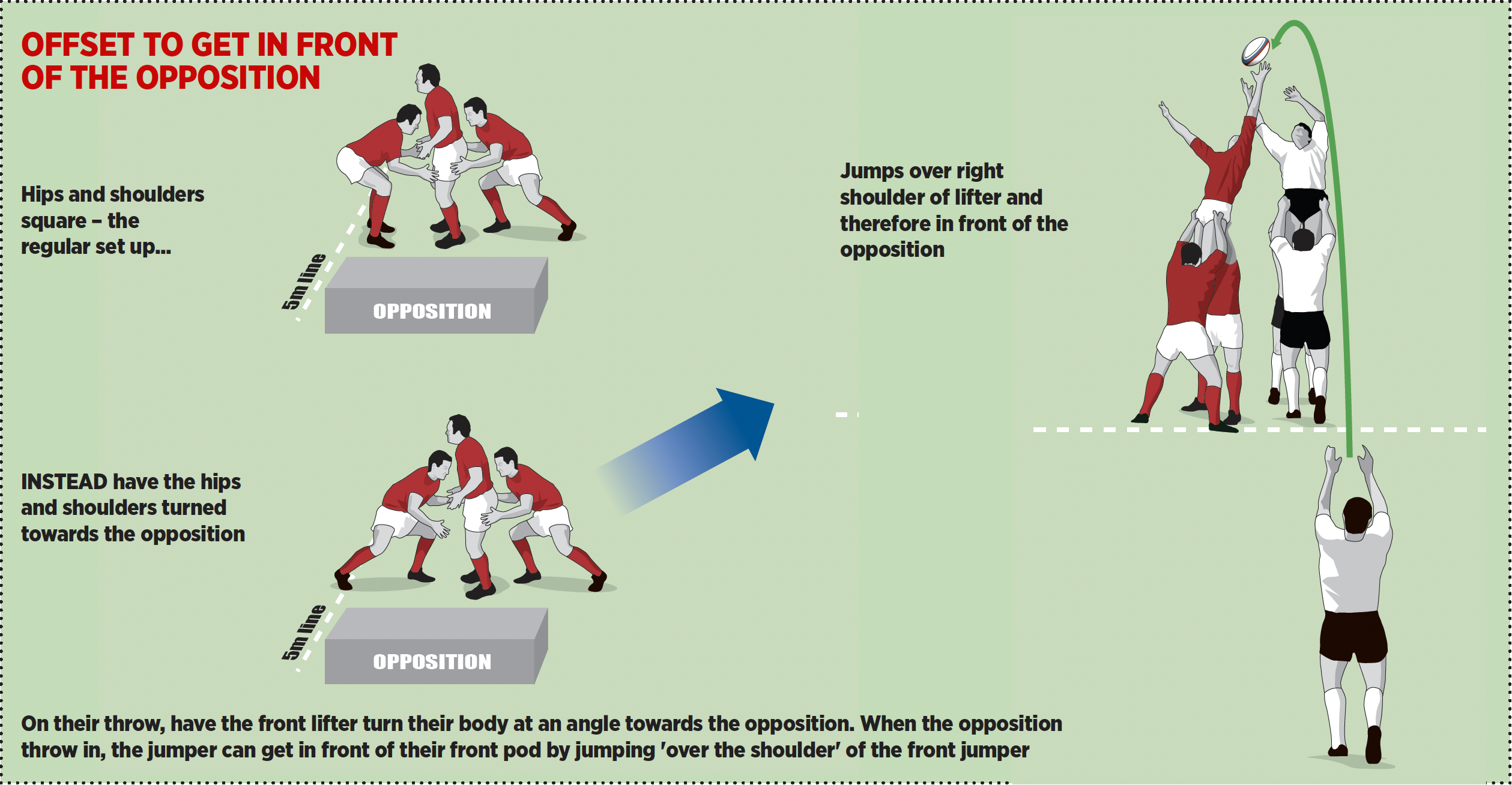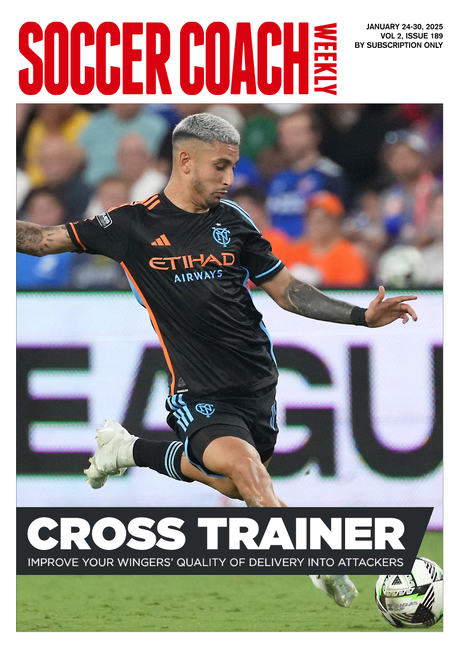Coaches: Set the tone and allow parental engagement to thrive
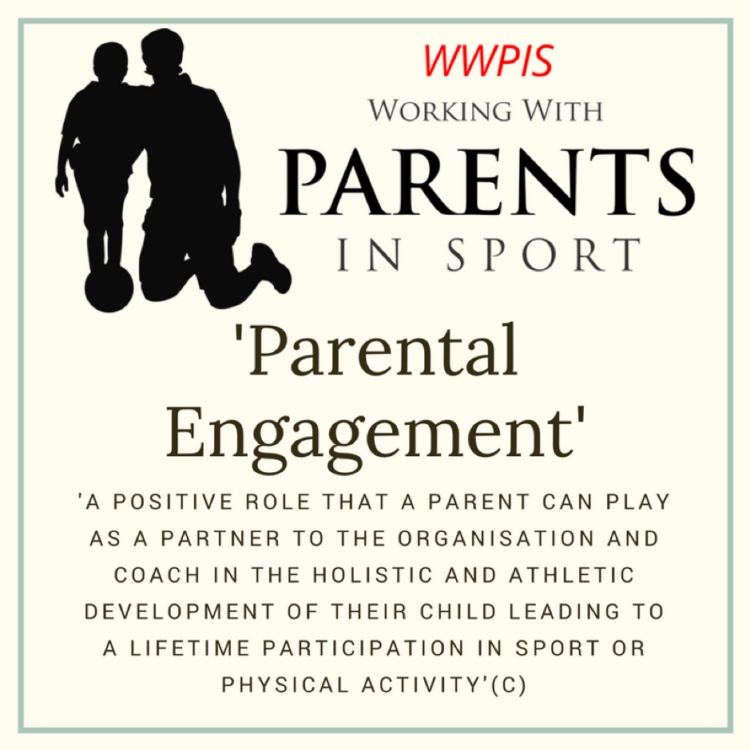
We know that parents are the biggest influence on their children’s lives and character, but coaches have such a key role to play in the creation of effective sporting environments and setting the tone to allow parental engagement to flourish.
What do we mean by setting the tone? Well this can range from anything as to how coaches behave at training or on match day or the dialogue and messaging that we give both our parents and our players.
This needs to be consistent, with the tone preferably set by the organisation who have established and communicated clear messages around club culture.
Coaches are merely the gatekeepers of this culture, they should be able to seek support from elsewhere in the organisation where required and focus on modelling behaviours that back up the key messages.
We are looking for alignment and consistency if we are expecting parental engagement to thrive between organisation, coach, parent and child.

Coaches are also merely the gatekeepers of the organisational culture, they should be able to seek support from elsewhere in the organisation and focus on modelling behaviours that back up the key messages.
If we can establish consistency not just in messaging but also in our coach behaviour on a regular basis, we have a far greater chance of parents following suit and living that culture that has been created.
Young and inexperienced coaches in particular need to be able to seek support from elsewhere in the organisation when it comes to parental engagement, as it is not always an easy thing to develop effectively.
We are thrilled that some NGB’s are adding our ‘Engage’ workshop for coaches to both formal coaching qualifications and CPD to help coaches in an area that can be complex and difficult to navigate.
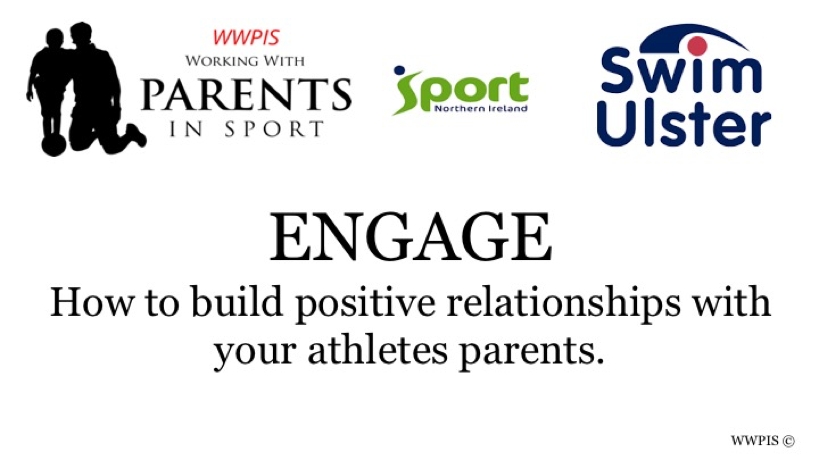
CREATE CLEAR CULTURES
Problems can arise around parental engagement when coach behaviour does not model messages given to parents or if those messages are inconsistent.
We have worked in clubs where there has been a clear culture established, parents are happy with the process and then coaches working on fields next to each other are doing totally different things. We are not talking about the delivery of sessions here as every coach has their own unique style but the underlying messages need to be as consistent as possible.
If they are not, how are parents meant to know how to behave and what to reinforce? They are faced with confusing and mixed messages.
A parent facing uncertainty for both themselves and their child can often lead to some of the behaviours that in the past we as coaches and organisations have sometimes criticised.
Parents with no sports science, sporting or coaching background will often behave in a way that is influenced by a number of key factors. Human nature is that we all want to conform to the behaviour of a particular group; there is safety in numbers so if new parents arrive into an environment, they may well merely mimic what is going on in front of them.
IT STARTS WITH COACH BEHAVIOUR
This is where coach behaviour is crucial. If the club or indeed the coach has established for example that we need positive encouragement from the sidelines, not multiple instructions or criticism of an official it is vital that the coach adopts similar behaviours.
Now, before coaches start questioning their role and how can they coach if they are not allowed to yell, that is not what we are suggesting. Well thought out feedback, instruction delivered in the right way and at the right time is very different to ‘joy sticking’ players around the field.
During our coaches workshops we stress that the example we set will more often than not be followed by our parents.
If as coaches we run up and down the touchline, get stressed, shout at officials we have merely created an environment where parents have ‘carte-blanche’ to follow suit, it can be no other way. This is why the coach role is so vitally important.
PARENTS NEED TO KNOW WHY
Some coaches that we have worked with have had their passion and dedication questioned by parents if they are behaving in a calm manner on the side of the pitch and being told that they do not care as much as they should. However, parents need to understand why coaches are behaving in this way, it needs explaining to them that we want young players to think for themselves, make their own decisions and play in an environment that encourages creativity.
We don’t want an environment where every mistake is criticised, and players are afraid to make any mistakes. Players can only learn by making plenty of mistakes and going through this process. That is why there is a need to proactively communicate this with parents, so they feel safe as to what is happening around them.
There is some fantastic work going on around the country in little pockets where you can clearly see the investment made by coaches on a carefully thought out strategy. This is reflected in both what they deliver and how they behave around their parents which is leading to a lot of positive and very healthy outcomes.
If parents do not conform to the environment or there is no clear culture in place, they may well mimic their own sporting experience, how their own parents were with them or indeed how their coaches behaved with them.
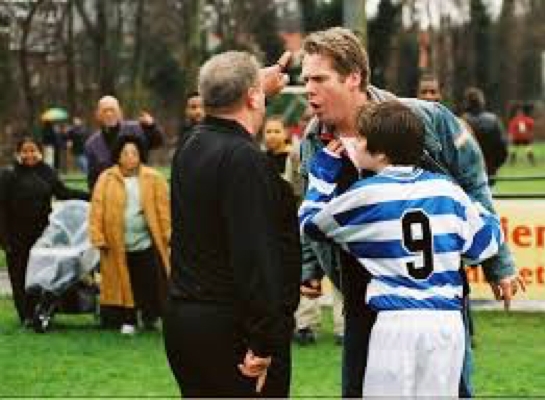
They may perceive the youth sporting experience through the eyes of how they see sport on the TV. This is why they need help and support to be shown the most effective ways to create healthy environments around their young children’s sport. We know that children’s sport should not really look anything like the professional game or even have environments similar to it.
ON THE SAME PAGE
The consistency of messaging from coaches is also crucial. If as a club or coach we have established that we will be implementing equal playing time, that it is all about development and helping develop whole individuals then our messaging needs to reinforce this.
We are not here to tell people what their focus should be on, obviously we have our own opinions about the youth sporting experience but it is how that package is rolled out to parents that our focus is on.
It can sometimes be difficult to be consistent and I hope this blog is allowing some room for reflection?
If we have communicated the above around game time and development and all we perhaps talk about is the result, or all we publish on social media is about the result and winning, it will not be long before parents only value the outcome. I am guessing that most coaches want our parents to be valuing far more than that.
If however, we are picking out great moments of learning, a child displaying amazing character traits and celebrate these on a regular basis then we are setting a really positive tone for parents to continue the conversation.
At training sessions we have a much greater involvement from parents than maybe a generation ago so what we celebrate and how we speak to our players and parents is crucial. One of the biggest criticisms from coaches is the conflicting messages that parents give their children, my question to coaches is what have you done to give them the information and messages that you need positively reinforcing?

WHAT WE ALL NEED TO HEAR
Parents love to hear their child getting positive feedback, can we aim to give a child some positive feedback in every session. Can we vocalise it so if the parents are present they can hear it and continue the conversation at home?
I often hear parents talking to children after sessions and if they have heard the coach say something positive, they may well discuss that further and it is a good thing for parents to positively reinforce key messages.
I know that some coaches often fear talking to parents at training sessions or on match day as it may lead to lengthy discussions about their particular child.
However, could we say thank you to parents for bringing their child along to the session, creating a connection and some goodwill and perhaps tell them one thing that their child did well on the way off the field. This would only probably take a couple of minutes and perhaps coaches would not even need to break stride.
Parents always like to receive positive news about their child and it helps create a real feel good factor within the environment for all parties.
The coach and parent relationship can be significantly improved if parents receive plenty of positive news about their child. No parent likes to hear bad news or be shocked by something relating to their child and this can be all the more difficult for them to handle if no positive connections have taken place first.
Not just in sport but also in education, parents are more likely to compromise, find a middle ground and move on from a particular issue if they have had some positive experiences in the first place. I am not saying that they may not be upset by bad news, bit when it has sunk in it is far better if they can discuss and pull on some positive things that a coach or club has already done for their child.
YOU CAN MAKE THE CHANGE
The coach role is significant, never underestimate the impact or the role that you play in creating an effective environment and team around the players that you coach.
- Be clear in your philosophy.
- Be proactive in your communication.
- Bring parents on board with you.
- Ensure your behaviours model on a regular basis the messages you wish to get across.
If you would like to read some more about how as a coach you can build positive relationships with your players’ parents then please check out our book ‘Engage’.
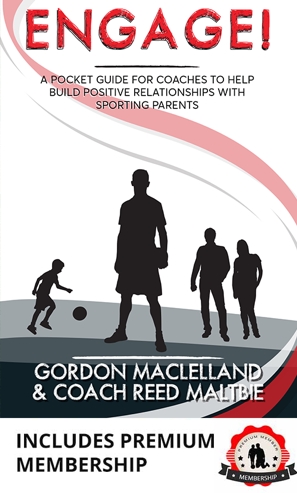
If you purchase this book, you will also have unlimited access to our members area and all of the other blogs in ‘Coaches Corner.’
Newsletter Sign Up
Coaches Testimonials

Gerald Kearney, Downtown Las Vegas Soccer Club

Paul Butler, Florida, USA

Rick Shields, Springboro, USA

Tony Green, Pierrefonds Titans, Quebec, Canada
Subscribe Today
Be a more effective, more successful rugby coach
In a recent survey 89% of subscribers said Rugby Coach Weekly makes them more confident, 91% said Rugby Coach Weekly makes them a more effective coach and 93% said Rugby Coach Weekly makes them more inspired.
Get Weekly Inspiration
All the latest techniques and approaches
Rugby Coach Weekly offers proven and easy to use rugby drills, coaching sessions, practice plans, small-sided games, warm-ups, training tips and advice.
We've been at the cutting edge of rugby coaching since we launched in 2005, creating resources for the grassroots youth coach, following best practice from around the world and insights from the professional game.

